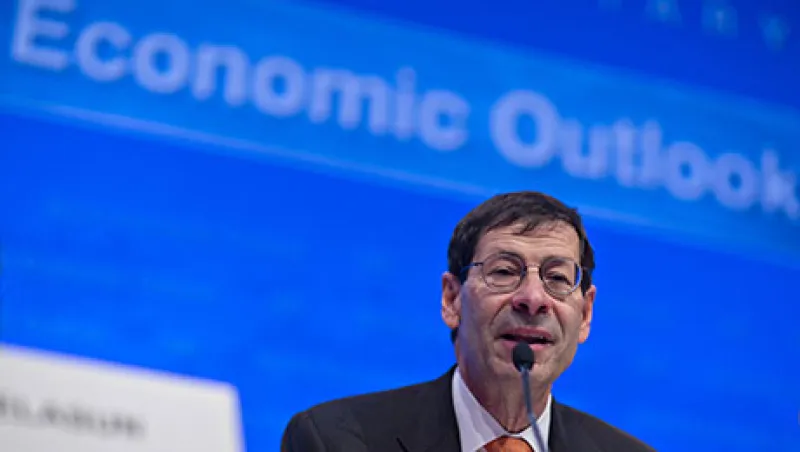
Daily Agenda: IMF Warns Global Economy Remains Fragile
IMF cuts global growth forecasts; JPMorgan beats analysts’ estimates; Chinese exports unexpectedly rebound; Peabody files.
Andrew Barber
April 13, 2016


